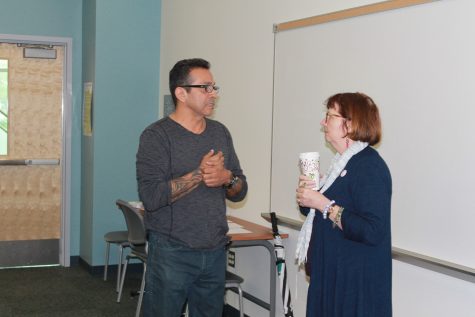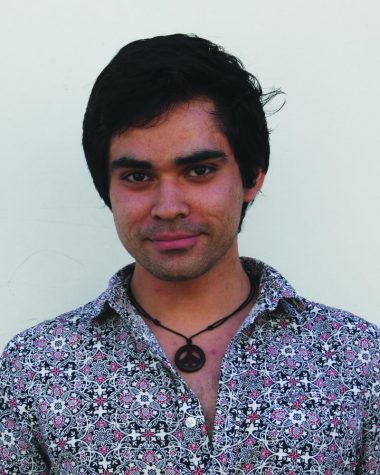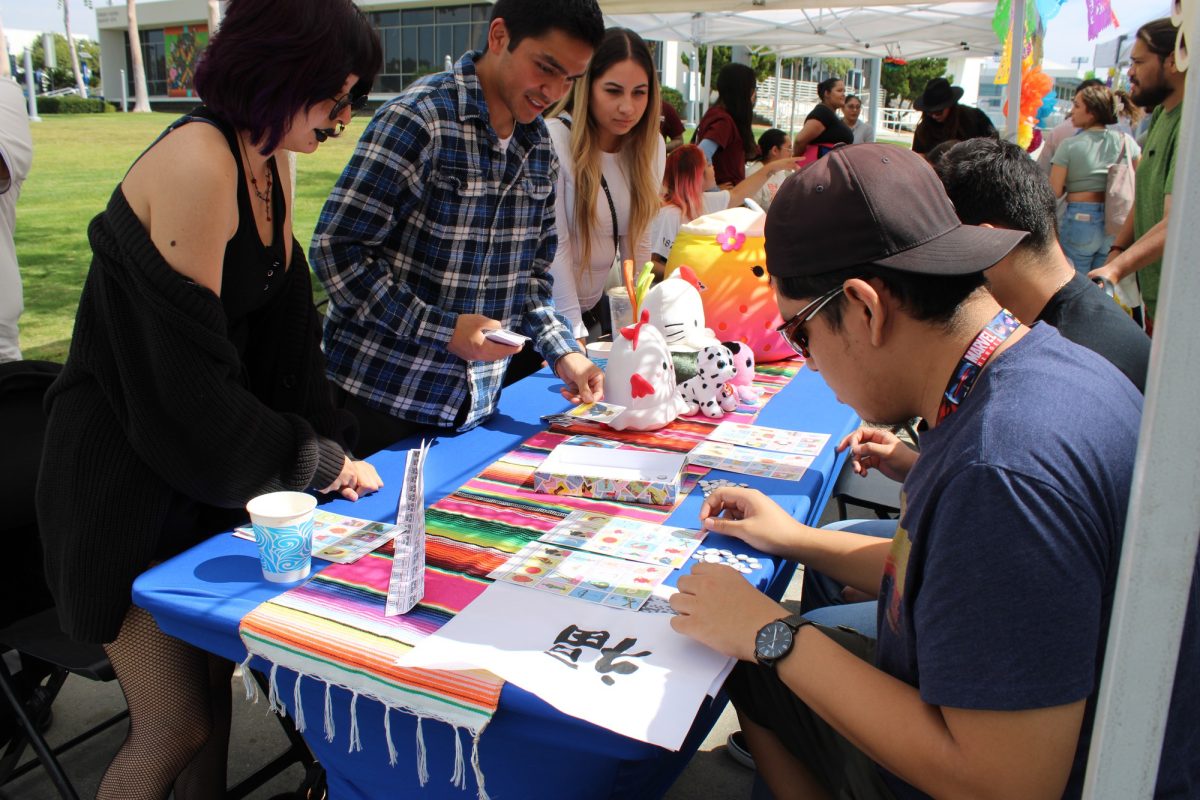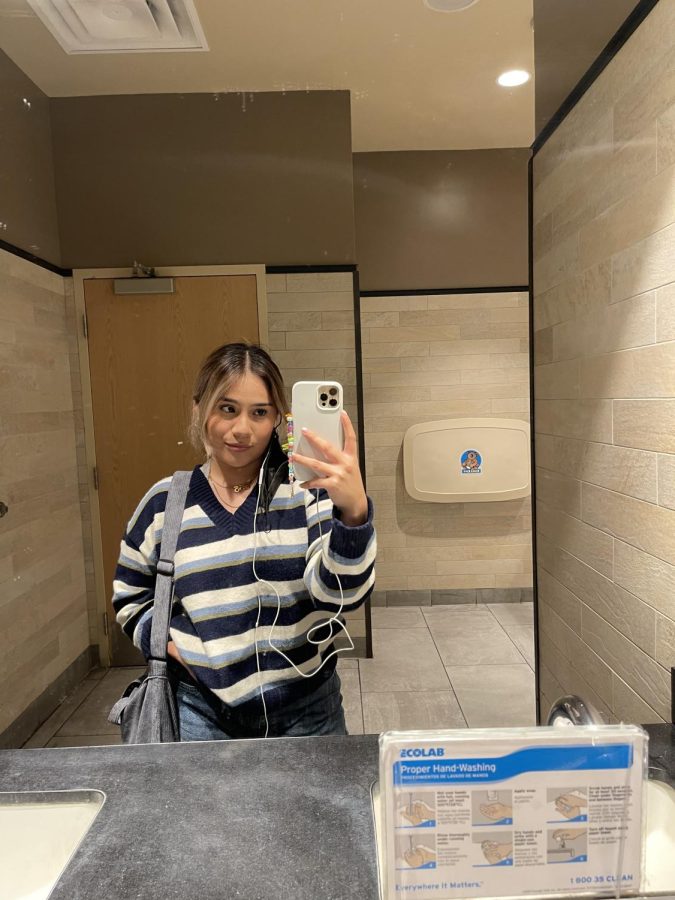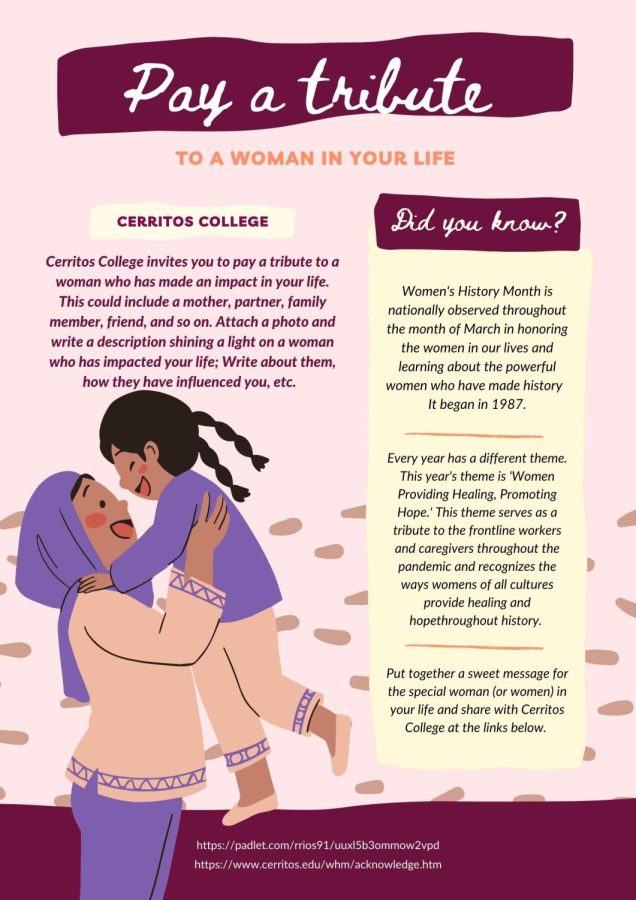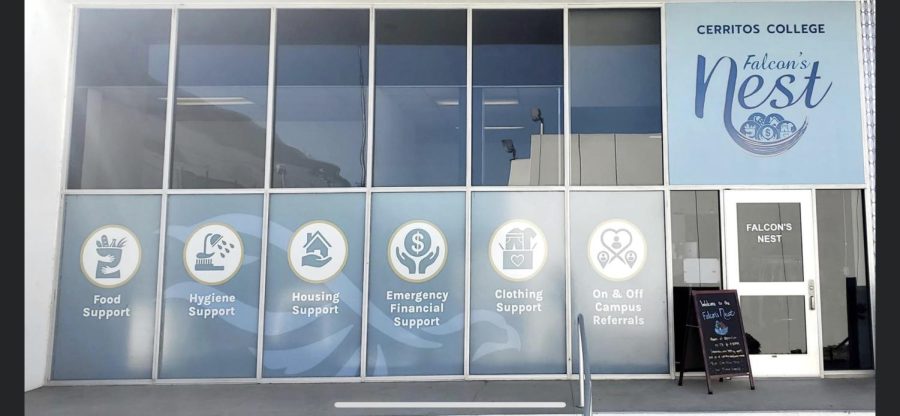“Creating a culture of respect” was the title and theme of a presentation and workshop given on Friday, Feb. 3 by public attorney Pilar Morin. The presentation, and varied discussions that followed, explored and dissected issues facing Cerritos College, such as micro-aggressions of the basis of immutable characteristics of a person, inclusion, hostile work environments and the value, advantages and the contributions of diversity in a rapidly globalizing society.
“[Community colleges provide opportunities] to anyone who wants an education in California, unlike Cal States and UC’s which are also public institutions; because of this, it’s important that we hire individuals that appreciate and have a sensitivity to diversity.” Morin commented.
Though the event was orchestrated by Director of Diversity Valyncia Raphael for faculty, the speaker explained that it is important also for students to understand how valuable diversity is to their education because they “learn from each other and also bring things to the table.” For this reason, the state of California’s diversity is precisely what makes it’s institutions for learning so strong.
During the workshop several discussion arose in regards to personal experience with micro-aggressions and the mechanics of inclusion, which was dominated by Raphael and political science professor Dennis Falcon.
Falcon expressed his beliefs that laws covering diversity are ineffective and are primarily designed to protect institutions from charges or claims of discrimination.
“Under state and federal laws [the school] has to claim that it doesn’t discriminate. These kinds of policies and procedures that require it to say that they don’t discriminate are basically like checking a box. If you were to actually pull back the cover, you would find that discrimination and hostile work environments are rampant throughout California.”
He continued that as long as institutions can claim that policies make it illegal to discriminate, then they’re protected and because of this even Cerritos College has problems with inclusion.
Falcon also commented that he is looking forward to Raphael making progress on this issues.
Raphael replied that they were on the same page, “I think that here were some really good points brought up about diversity as an altruistic value as opposed to an opportunistic value. We were puzzling through whether homogeneous societies (where diversity isn’t a factor) are efficient.”
Raphael suggested that homogeneity could be an equalizing factor instead of a factor of cultural erasure and cited the fact the the U.S. military was one of the first entities to break the “color barrier.”
During that same discussion she also mentioned “interest convergence” as an element of inclusion — especially in respect to selling products to a wider market.
She went on to explain that this idea is at play because the oppressor or entity with power will probably not “take on […] any altruistic notion that benefits an oppressed class” unless their interests overlap. Furthermore that if there is no interest convergence, there is no mechanism by which the oppressor or people in power will give up that power to help the oppressed.
She concluded: “The question is whether or not diversity is a value everybody is [enthusiastic toward] or it is something that people see as an advantage [to tapping into a new market and make more money].”
There was another discussion dominated by the diversity coordinator and political science professor that revolved around the unfortunate name for what are known as “micro-aggressions,” deciding that from the perspective of the person that receives them, they are indeed “micro” though that doesn’t communicate the cumulative affect.
Raphael commented “One subtle insult […] can be like one paper-cut. For the person [committing the micro-aggression it is easy to minimize] but the person receiving [it] may get thousands of paper-cuts a day. At the end of the day, they’re bleeding because they have many paper-cuts. It happens incrementally but it doesn’t feel small.”
She finished saying that she believes the workshop went well because it had fostered a “great discussion” and as somebody who works toward diversity on campus, she got “a lot” of insight on what Cerritos College needs; and looks forward to building more spaces on campus for authentic conversations on diversity.
